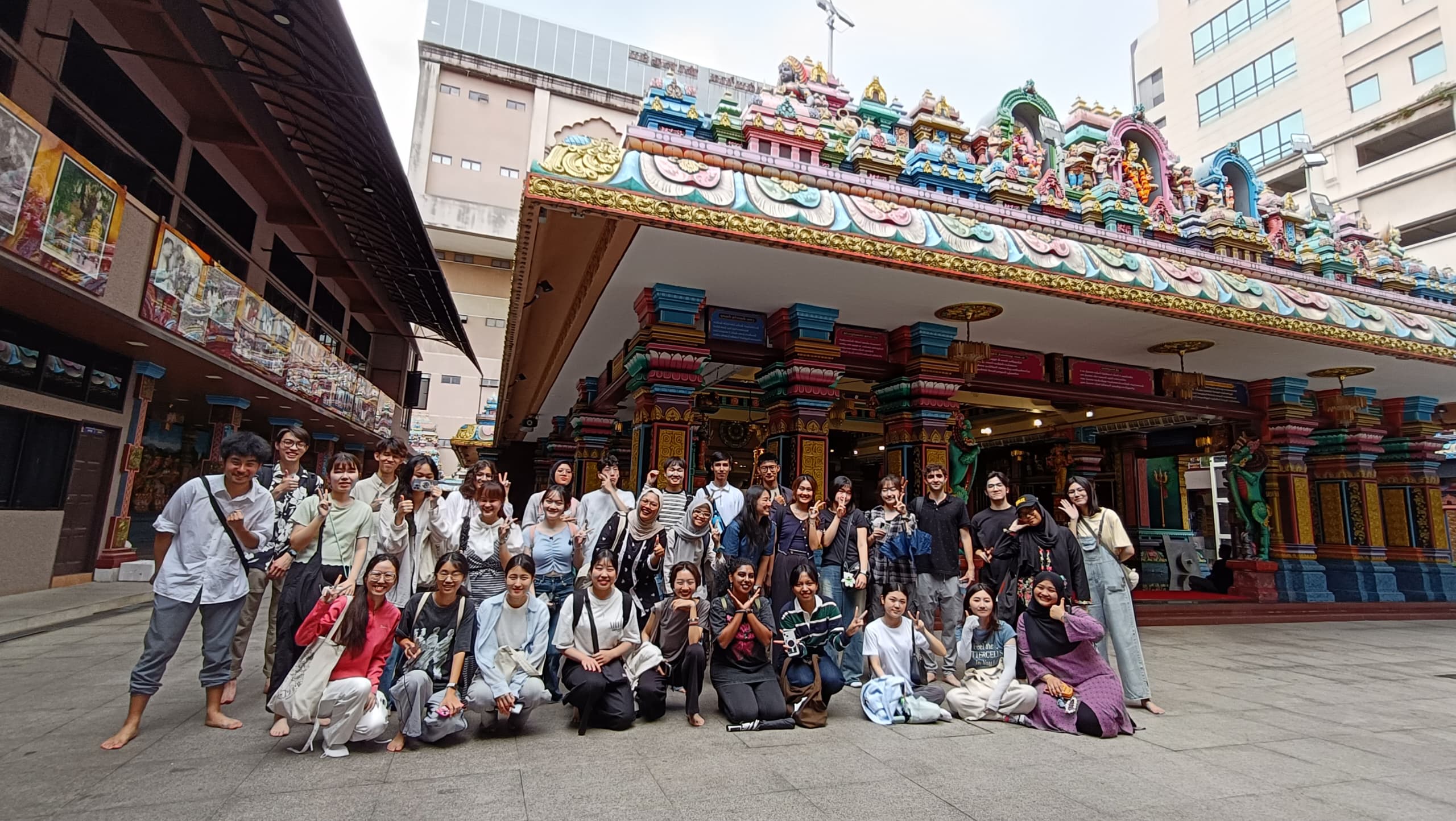Student Experience in the International Credit Transfer Program at Universiti Malaya
The opportunity to join the International Credit Transfer program at Universiti Malaya (UM) came unexpectedly. I first learned about it from my student group, then searched for more information and found that the program was organized by UPNYK and funded by the Ministry of Education, Culture, Research, and Technology of Indonesia (Kemdikbud). The selection process was quite rigorous, starting from document screening (CV, academic transcript, TOEFL, and passport) to a full interview in English with the lecturers. After nearly a month of waiting, I was grateful to be declared accepted—marking the beginning of a journey that truly changed my perspective of the world.
At UM, I not only gained outstanding academic experiences with comprehensive learning facilities and a safe campus environment (even jogging at midnight felt secure!), but also had the opportunity to actively participate in various social, cultural, and environmental activities aligned with the Sustainable Development Goals (SDGs).
One of the most memorable experiences was teaching Indonesian children at Sanggar Bimbingan Pantai Dalam (SDG 4 – Quality Education) under the supervision of the Indonesian Embassy in Malaysia. Spending time with them made me realize how essential education is for diaspora children to stay connected with their language, culture, and learning spirit.
I was also involved in Recycle Kreatif and Introduction to Biotechnology activities at UM (SDG 13 – Climate Action), which combined science with creativity to raise public awareness about waste management and the role of science in environmental sustainability.
In addition, I took part in distributing secondhand but usable goods to the local community around UM (SDG 12 – Responsible Consumption and Production). This activity taught me that sharing is not only about giving but also about managing resources wisely to create sustainable benefits.
In the field of social and humanitarian work, I joined Kichera Kitchen with New Gen (SDG 2 – Zero Hunger), helping to provide meals for underprivileged communities. These moments showed me that simple acts, such as sharing food, can bring warmth and hope to those in need.
As a volunteer, I also participated in the Open House Eid al-Fitr and Eid al-Adha Prayers at UM (SDG 17 – Partnerships for the Goals), strengthening bonds among the campus community from different countries and backgrounds. I also attended Cultural Day with UMGB (SDG 11 – Sustainable Cities and Communities), which showcased the diversity of global cultures and broadened my appreciation of worldwide traditions.
Equally inspiring was my involvement in activities at an animal shelter with UMGB & Hope for Strays (SDG 15 – Life on Land), where I helped care for abandoned animals and gained a deeper understanding of compassion toward living beings beyond humans.
Beyond social activities, I enriched my personal experience by joining interactive and enjoyable Korean language classes. These classes not only enhanced my language skills but also opened a window to better understand Korean culture, adding more depth to my cultural exchange experience.
Academically, I took a microbiology course that was both challenging and rewarding, expanding my scientific knowledge while sharpening my critical and analytical thinking skills. Facing complex material in an international academic environment became one of the most significant aspects of my personal and academic growth at UM.
Throughout the program, I met many friends from different countries—friendly, open, and eager to share their cultural stories. These interactions nurtured tolerance, empathy, and curiosity, and helped me realize that studying abroad is not just about academics, but also about building networks, enhancing social awareness, and embracing diversity.
My experience at UM taught me that the world is vast, full of opportunities, and truly fascinating. As students, our main duty is to learn, but we also have a responsibility to seek opportunities that add value to ourselves, contribute to society, and support environmental sustainability. Everyone has the same chance—as long as they are willing to make an effort and take the first step.


